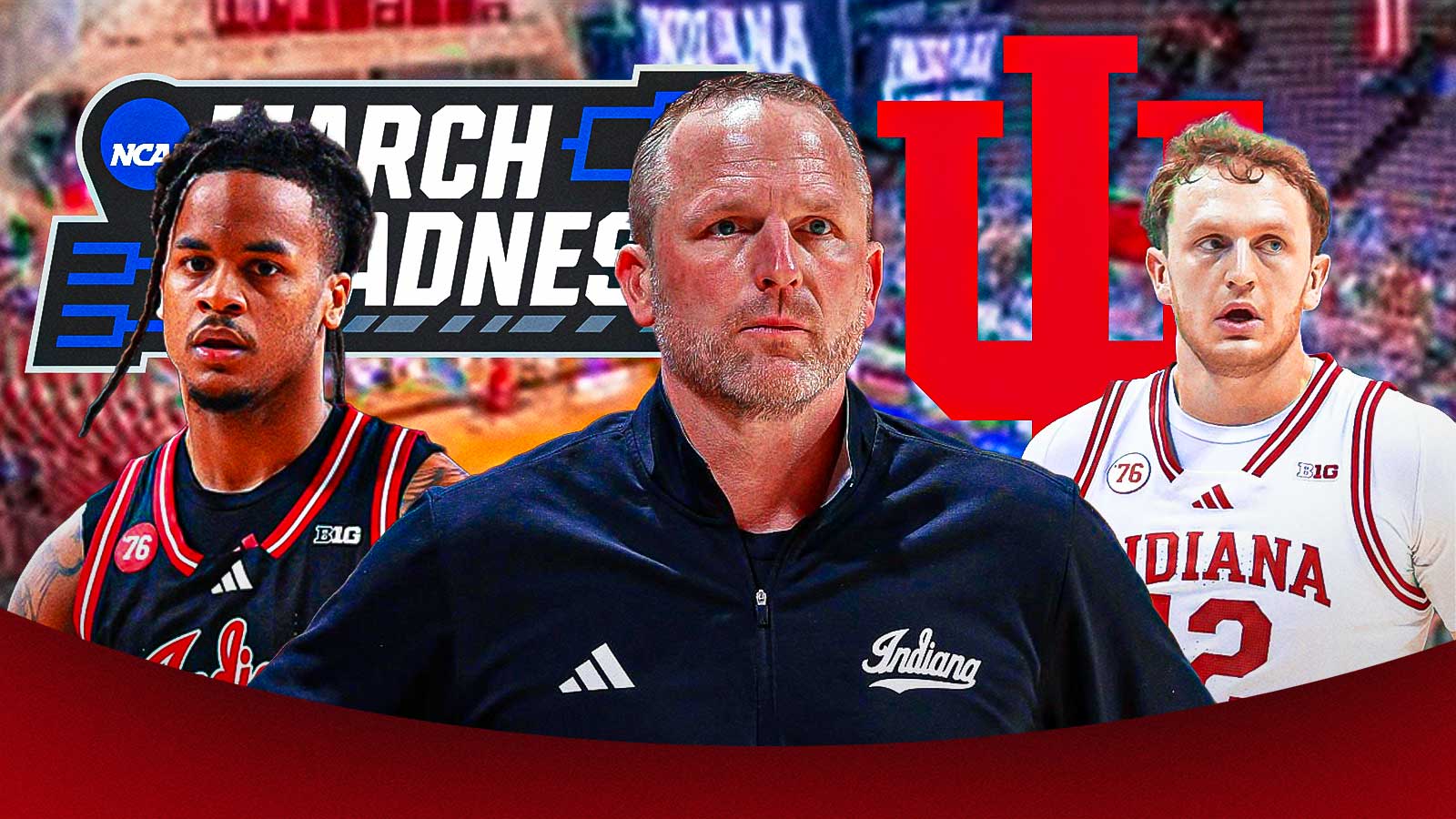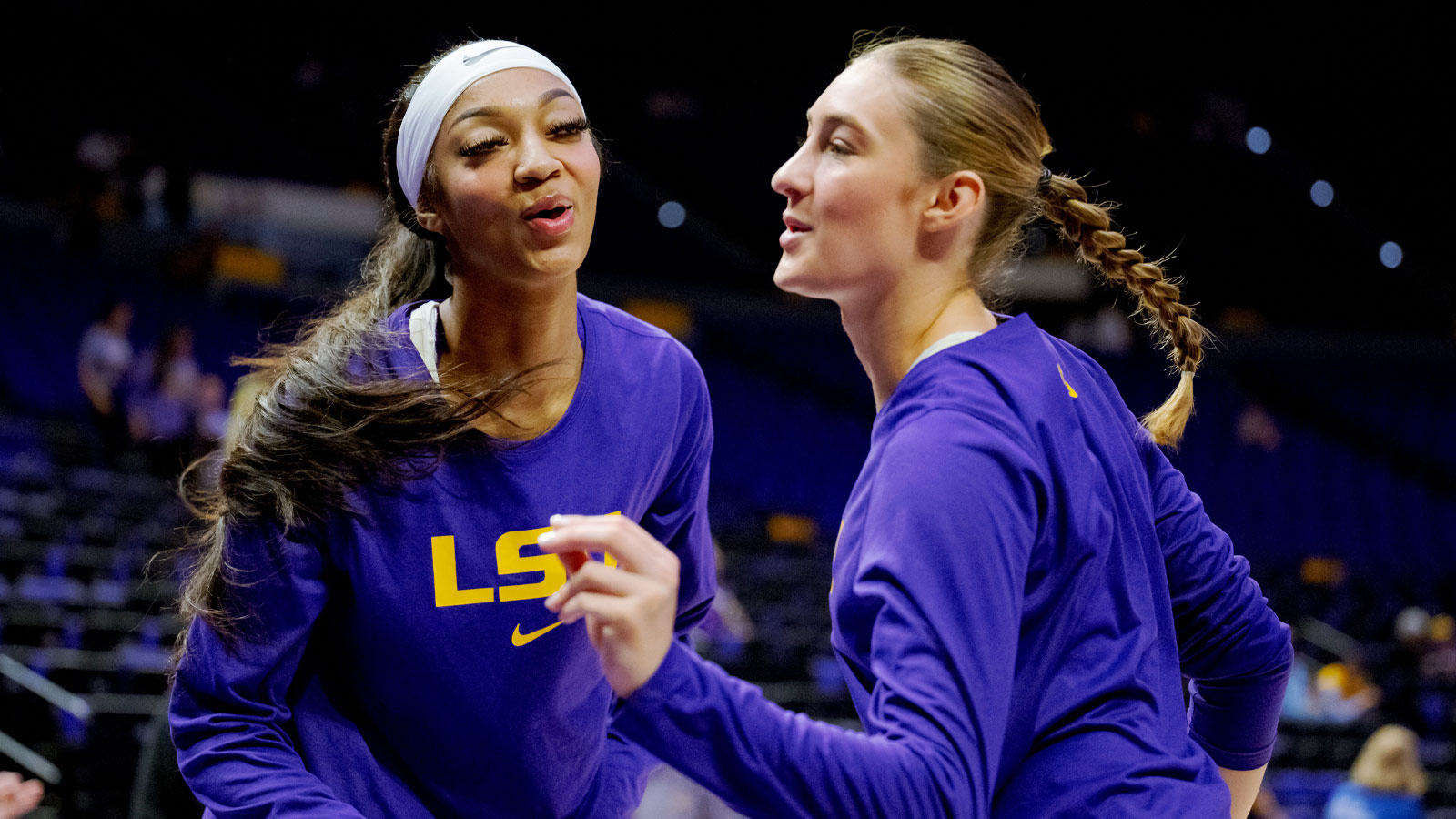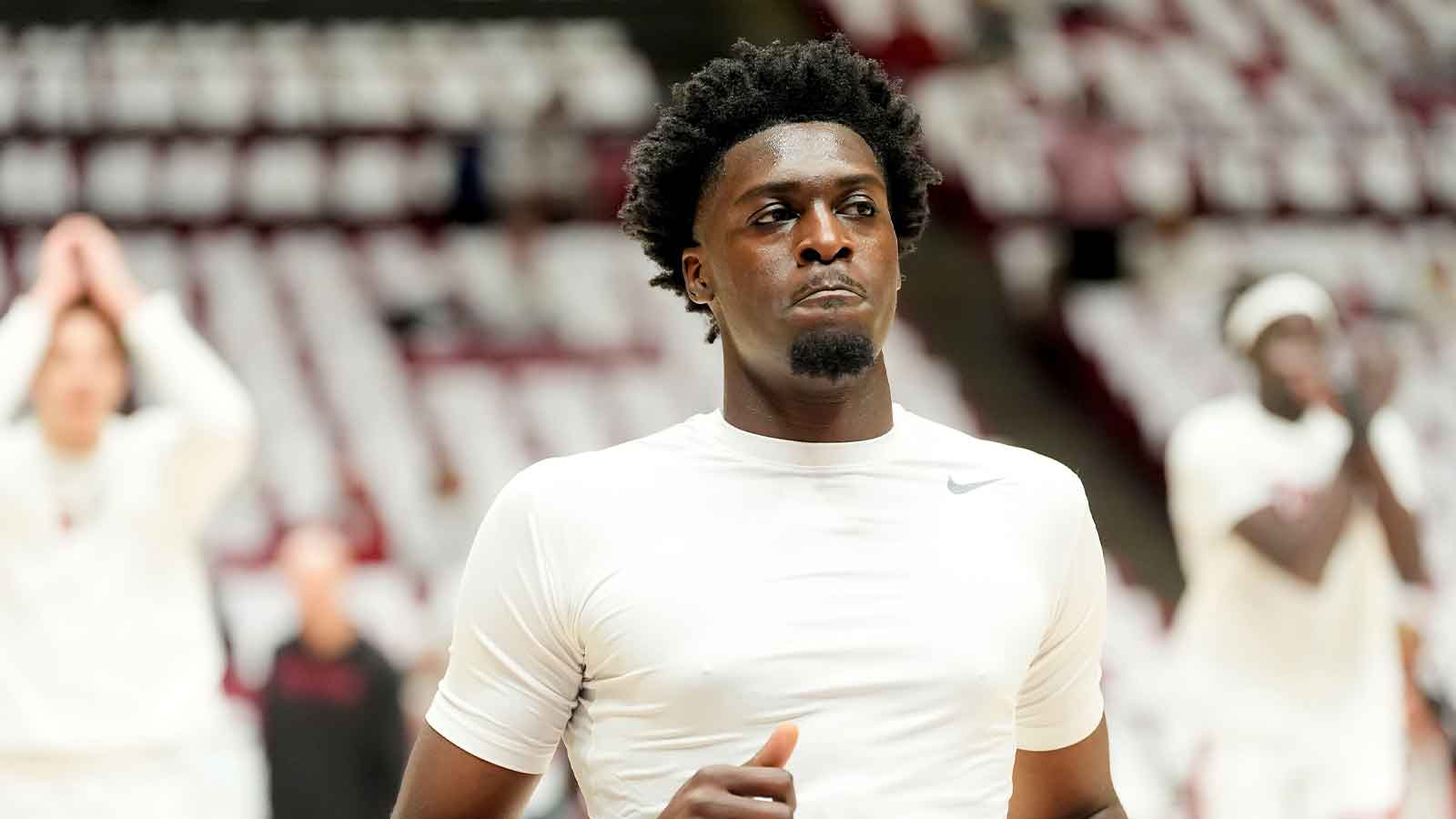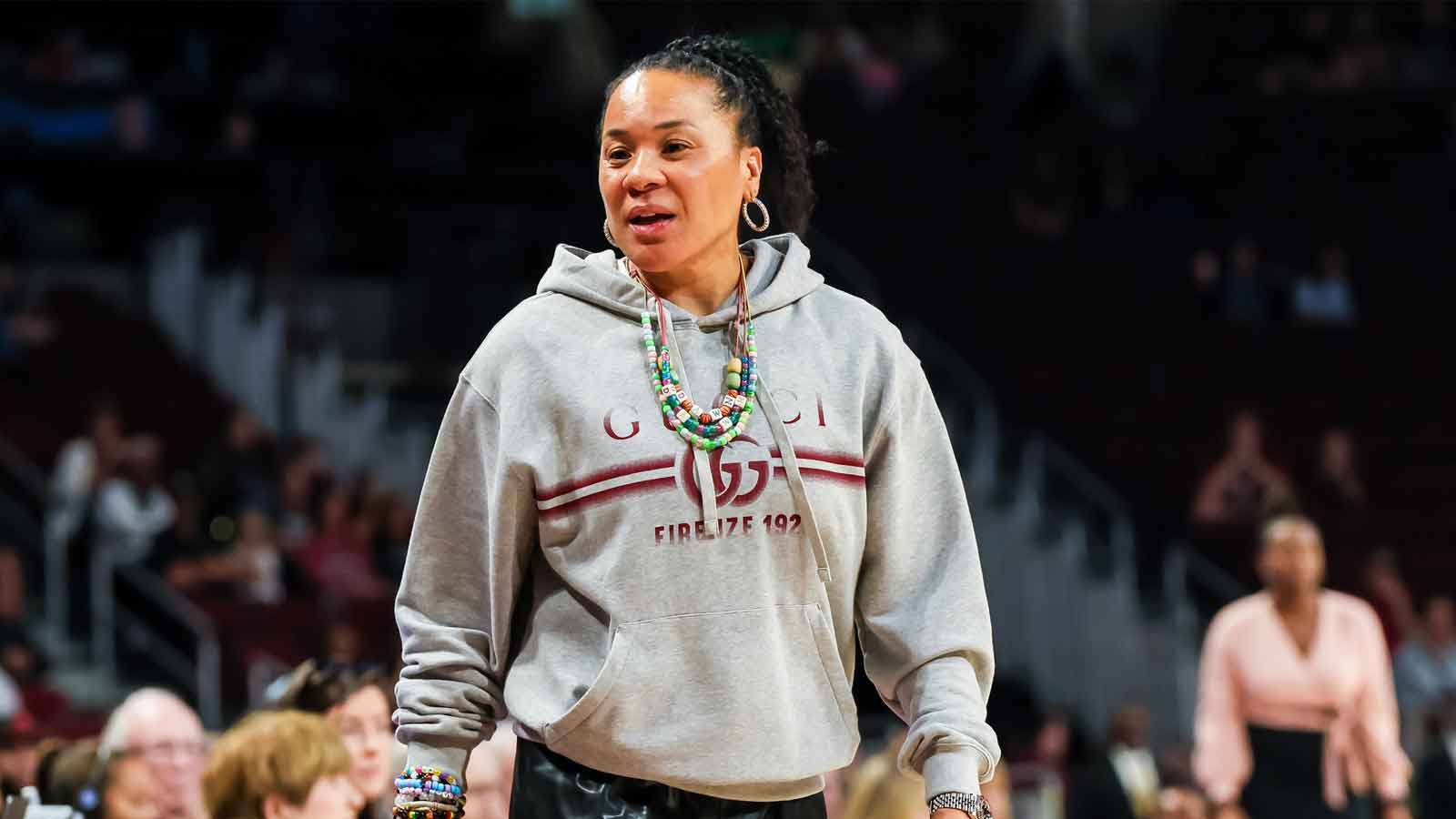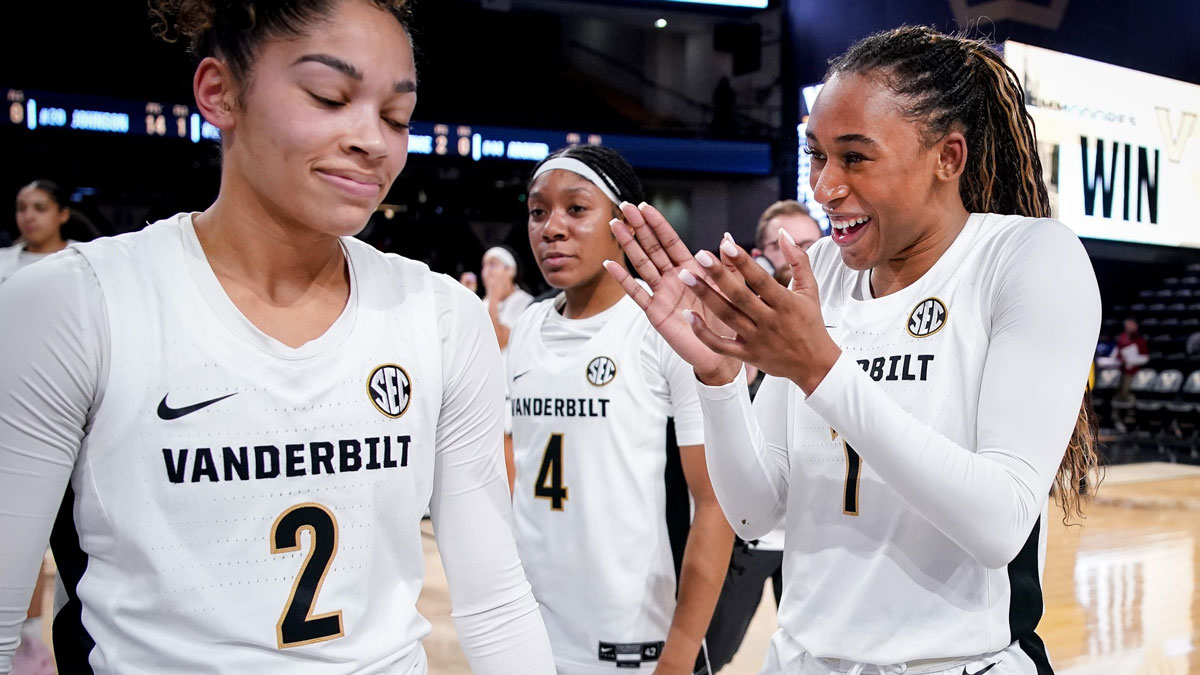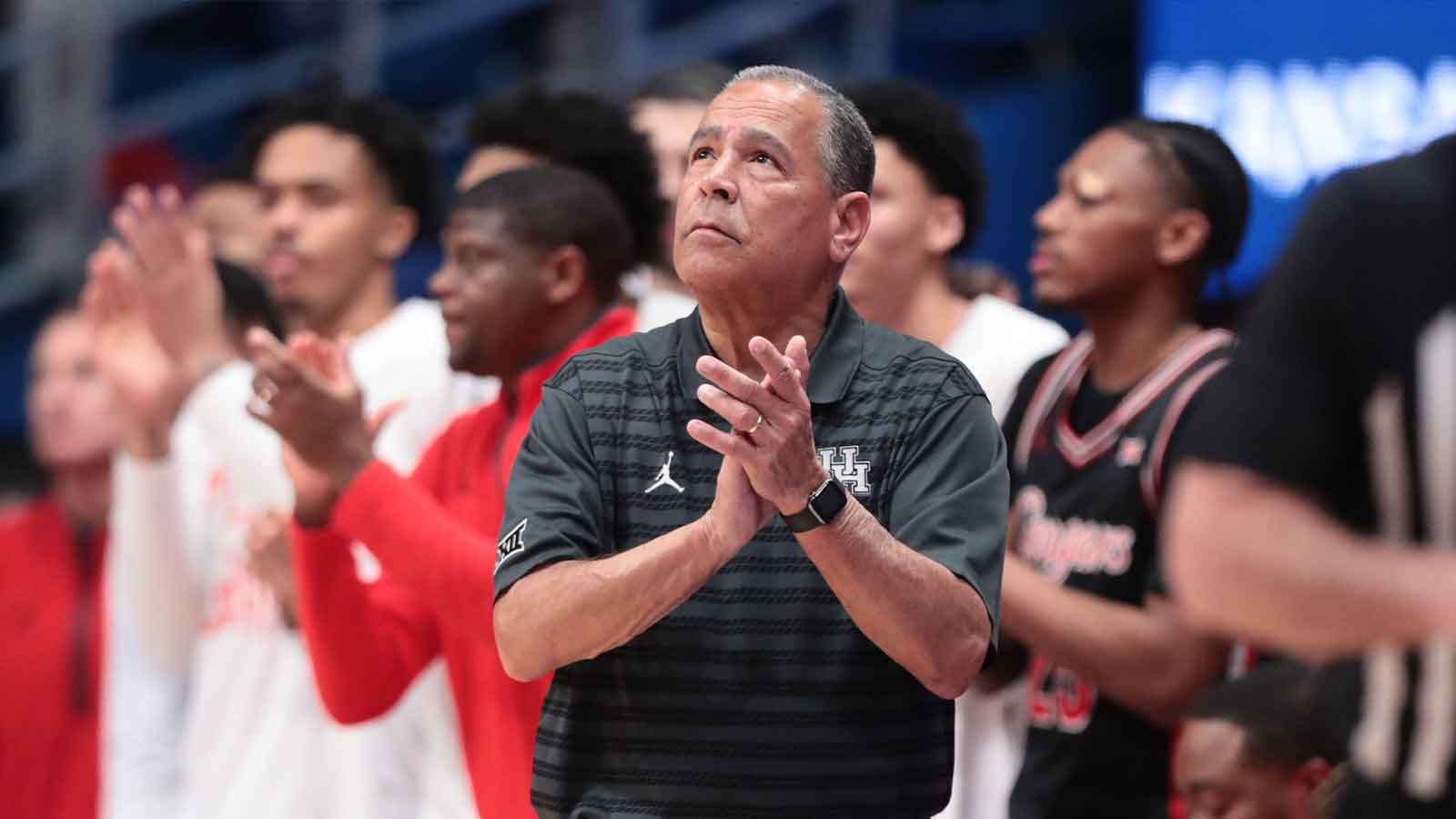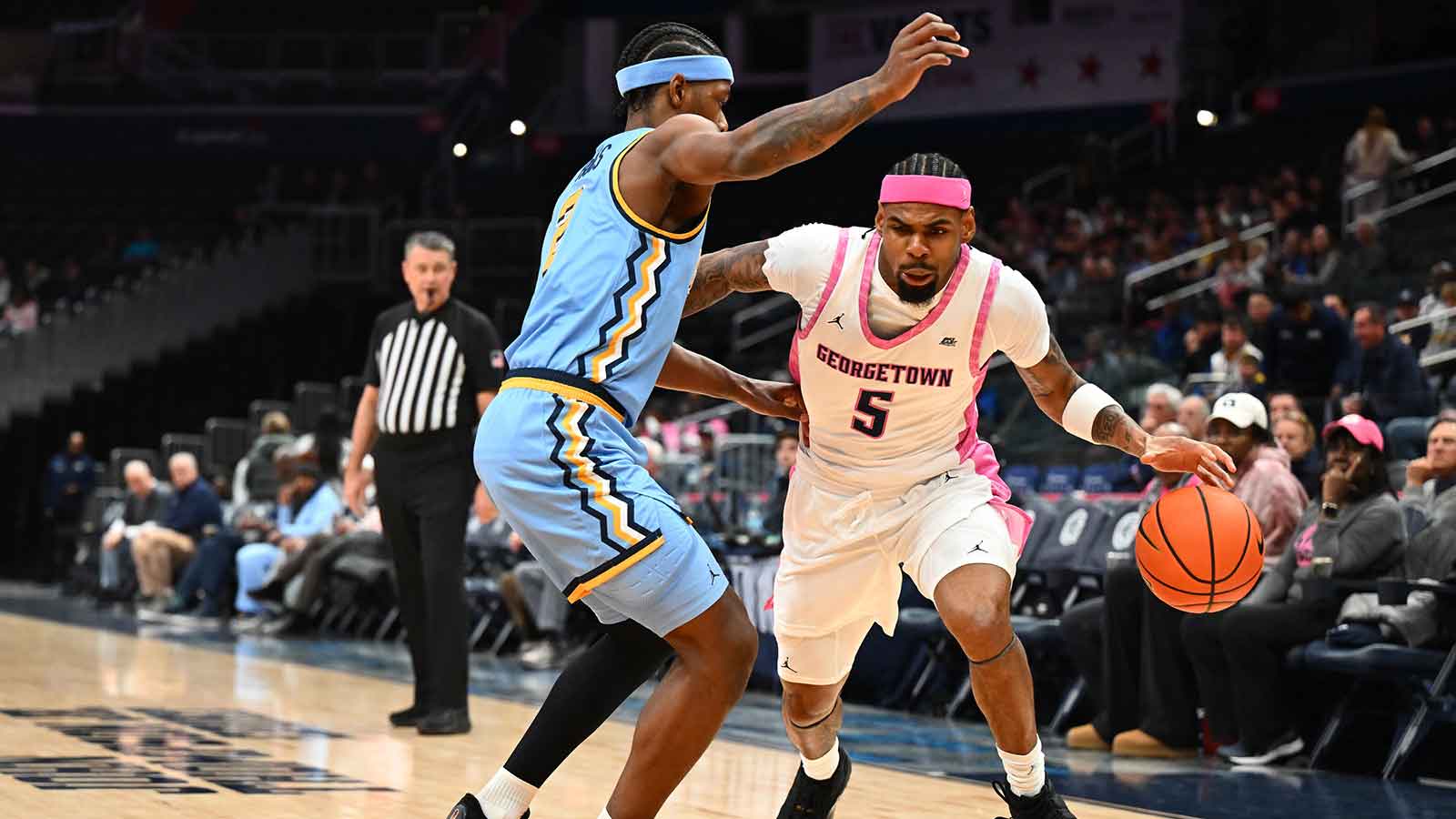NCAA Tournament purists can breathe easy — for now. Men's and women's March Madness is going to stay at 68 teams for the 2025-26 season, NCAA vice president Dan Gavitt announced on Monday.
Both tournament committees explored expanding the tournament to 72 or 76 teams for next season, and the options remain on the table for 2027 and beyond, Gavitt added.
“Expanding the tournament fields is no longer being contemplated for the 2026 men’s and women’s basketball championships,” Gavitt said in a statement. “However, the committees will continue conversations on whether to recommend expanding to 72 or 76 teams in advance of the 2027 championships.”
Tournament expansion has been a hot topic of debate since the Final Four ended in April. While fans seem nearly universally against the idea, some coaches and conferences commissioners have taken the opposite stance.
“We’re in favor of it, but the economics need to be right,” Big 12 commissioner Brett Yormark said at the conference's spring meetings, according to Front Office Sports. “The NCAA is working very closely with CBS and Warner Bros. Discovery on what those economics look like as it relates to potential expansion. So, we’ll see what plays out over the next 45 days or so. But I know NCAA president Charlie Baker is having some really good conversations with the media partners, and hopefully, he can get something done that’s good for all of us.”
Michigan State men's basketball coach Tom Izzo also favored expanding March Madness, pointing to how much Division I has grown over the past couple decades.
“There’s a lot more Division I teams, No. 1,” Izzo said in July. “And there’s a lot more people that put money into basketball, No. 2. And we see that football went from four to 12, now they’re talking 16 or 18.”
Compare that to UConn men's basketball coach Dan Hurley, who came out in 2023 against expansion.
“I feel like devaluing the regular season, I think, potentially hurts the regular season and what it means,” he said, via USA Today. “I think the pressure to have to win games and being rewarded for winning big non-conference games and then taking care of enough business in the league … I think it's a privilege to play in this tournament, not a right.”









